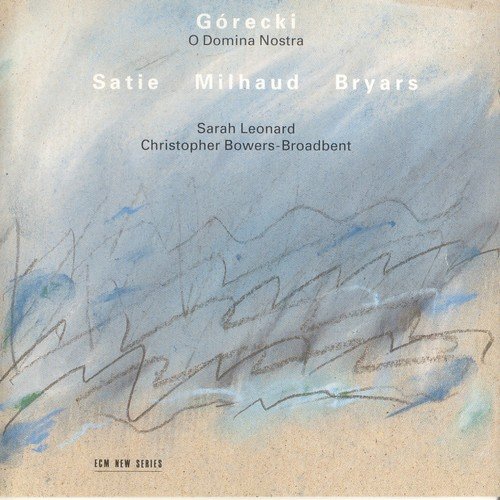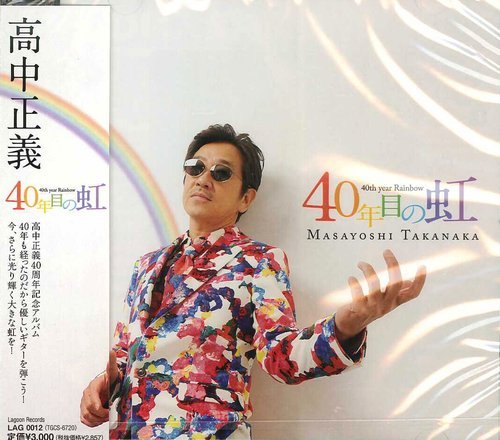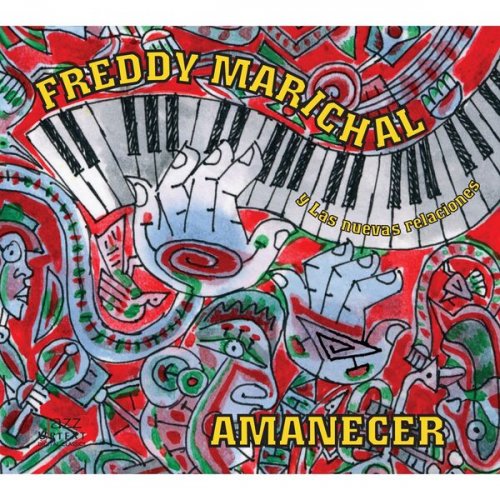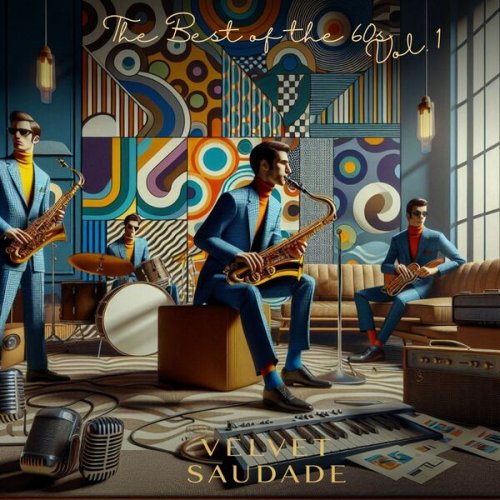Sarah Leonard, Christopher Bowers-Broadbent - Gorecki: O Domina Nostra, Satie, Milhaud, Bryars (1993)

Artist: Sarah Leonard, Christopher Bowers-Broadbent
Title: Gorecki: O Domina Nostra, Satie, Milhaud, Bryars
Year Of Release: 1993
Label: ECM New Series
Genre: Classical
Quality: APE (image+.cue,log,scans)
Total Time: 01:02:18
Total Size: 212 Mb
WebSite: Album Preview
Tracklist: Title: Gorecki: O Domina Nostra, Satie, Milhaud, Bryars
Year Of Release: 1993
Label: ECM New Series
Genre: Classical
Quality: APE (image+.cue,log,scans)
Total Time: 01:02:18
Total Size: 212 Mb
WebSite: Album Preview
1. Henryk Mikolaj Gуrecki - O Domina Nostra
2. Erik Satie - Messe des Pauvres
3. Darius Milhaud - Prelude I
4. Darius Milhaud - Prelude II
5. Gavin Bryars - The Black River
Performers:
Christopher Bowers-Broadbent, organ
Sarah Leonard, soprano
Henryk Górecki is best known for his now, fortunately for us, fairly frequently performed 3rd Symphony "Symphony of Sorrowful Songs'. And while his other music is less often heard, even in the symphony halls, this recording gives the opportunity to experience yet another of this great Polish composer's major works - O Domina Nostra for soprano and organ. The work was conceived in 1982 in celebration of the 600th anniversary of the Black Virgin of Jasnogora, a sacred symbol of Polish independence to whom Poland's prayers are addressed in times of crisis. It has been revised in both 1985 and in 1990 as a work for solo soprano and organ. Górecki, being a profoundly religious man as well as a believer in the maternal core of being, expresses this prayer to the Virgin mother of Christ, the link between the divine and the eternal. Sarah Leonard, who gratefully commits much of her career to the performance to contemporary music, intones these lines with limpid and ethereal beuty. Christopher Bower-Broadbent is her equal partner in this mesmerizing work.
The remainder of the ECM recording is devoted to organ music by Erik Satie (the Mass for the Poor) which dates from 1895 and is from Satie's more medieval period: there is little here to suggest where his later works would go. And the Preludes of Darius Milhaud, while performed with secure grace by Bower-Broadbent, are interesting compositionally but somehow fall short of touching the heart. The final work on the CD is a work for organ by Gavin Bryars, a composer new to this listener. The title of the work is The Black River and it is again a work of solo soprano and organ. Perhaps one of the best descriptions of Bryars work comes form a comment by Michael Ondaatje: '... The music of Gavin Bryars falls under no category. It is mongrel, full of sensuality and wit and is deeply moving. He is one of the few composers who can put slapstick and primal emotion alongside each other. He allows you to witness new wonders in the sounds around you by approaching them from a completely new angle. With a third ear maybe. . ." Sarah Leonard intones the text with a radiant beauty of tone and Bower-Broadbent again submerges himself in this very beautiful and new work.
This recording is clear with great presence that never pushes the extremes of the organ nor excludes or allows the soprano voice to dominate. It is perfectly balanced. This is yet another treasure from ECM.
The remainder of the ECM recording is devoted to organ music by Erik Satie (the Mass for the Poor) which dates from 1895 and is from Satie's more medieval period: there is little here to suggest where his later works would go. And the Preludes of Darius Milhaud, while performed with secure grace by Bower-Broadbent, are interesting compositionally but somehow fall short of touching the heart. The final work on the CD is a work for organ by Gavin Bryars, a composer new to this listener. The title of the work is The Black River and it is again a work of solo soprano and organ. Perhaps one of the best descriptions of Bryars work comes form a comment by Michael Ondaatje: '... The music of Gavin Bryars falls under no category. It is mongrel, full of sensuality and wit and is deeply moving. He is one of the few composers who can put slapstick and primal emotion alongside each other. He allows you to witness new wonders in the sounds around you by approaching them from a completely new angle. With a third ear maybe. . ." Sarah Leonard intones the text with a radiant beauty of tone and Bower-Broadbent again submerges himself in this very beautiful and new work.
This recording is clear with great presence that never pushes the extremes of the organ nor excludes or allows the soprano voice to dominate. It is perfectly balanced. This is yet another treasure from ECM.








![Ediz Hafızoğlu & Nazdrave - 10. Yıl A (2026) [Hi-Res] Ediz Hafızoğlu & Nazdrave - 10. Yıl A (2026) [Hi-Res]](https://www.dibpic.com/uploads/posts/2026-01/1769763619_w34sz8yrmchai_600.jpg)